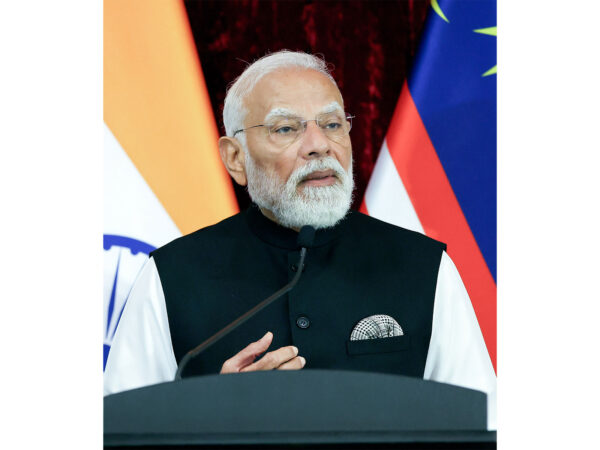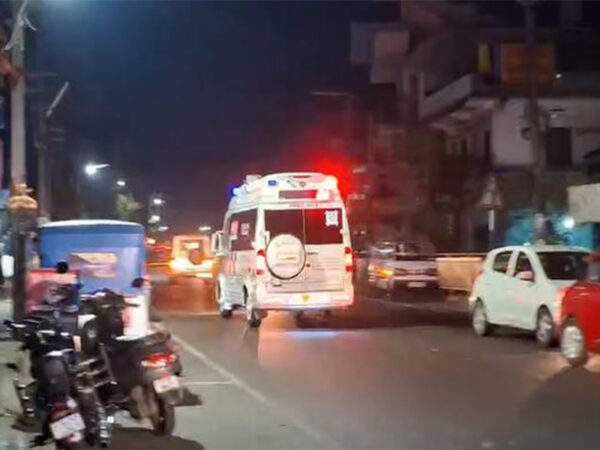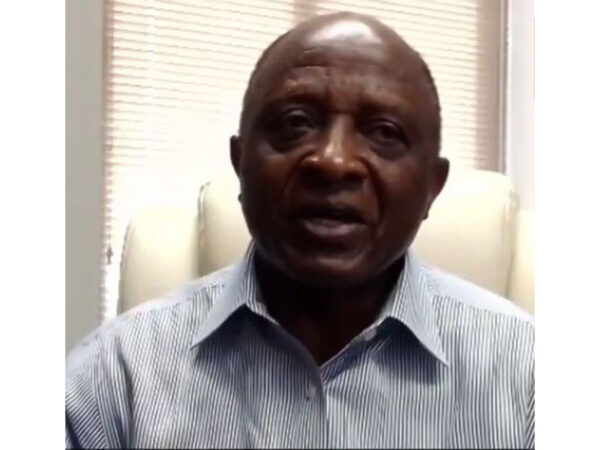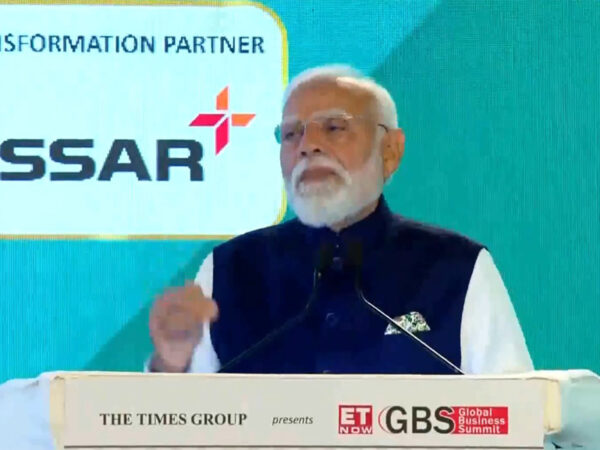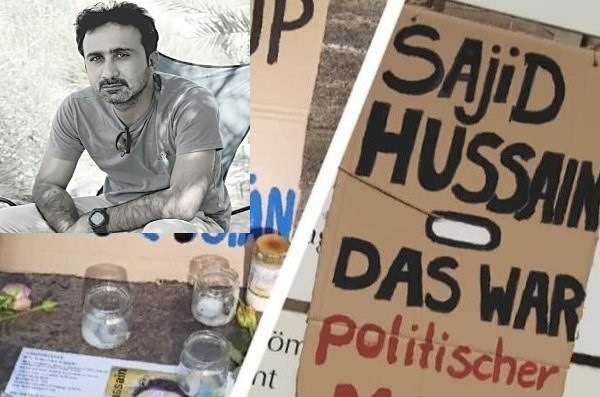
West Think Tank Highlights Rights Abuse In Balochistan
In its report on the human rights situation in Balochistan, the European Parliamentary Research Service (EPRS) has highlighted findings by the Pakistan Human Rights Commission’s (HRCP), that states that enforced disappearances and missing persons remain a recurrent feature in the region.
EPRS, the European Parliament’s in-house research department and think tank, underscored the precarious situation of religious and ethnic communities in Pakistan including the Shia Hazara Community, the Zikri Community, as well as the Hindu and Christian Communities.
In its June report EPRS quoted the HRCP to point out that the Shia Hazara community remains persecuted to the point that it has been “virtually ghettoized” in the city of Quetta.
“Target killings and other attacks have taken a major toll on the community. While the number of attacks has decreased over the last four or five years, there are still enough instances of targeted violence that compel them to live with a sense of perpetual fear,” the report quoted HRCP’s finding.
“The HRCP’s team met representatives of the Hindu and Christian communities in Quetta and with representatives of the Hindu community in Gwadar to assess the situation of religious minorities in Balochistan. Although there has been a decrease in the number of attacks against religious minorities in recent years, these communities continue to live with an inherent sense of far,” it added.
The think tank quoted Human Rights Watch’s 2020 report’s chapter on Pakistan to underscored that 2019 April attack on a passenger bus in Balochistan.
“On April 18 unidentified assailants forced 14 passengers to disembark from a passenger bus on the Makran Coastal Highway [in Balochistan] and then executed them. On May 12 2019, after militants attacked a hotel in Gwadar, Balochistan, killing 5 people, the Balochistan Liberation Army (BLA) claimed responsibility,” the report mentioned.
As regards attacks on health workers, Human Rights Watch reported that “On April 30 [2019], two unidentified assailants killed a female polio worker in Chaman, Balochistan. The vaccination campaign resumed after the government launched an awareness campaign and asked social media platforms to remove anti-vaccine content.”
EPRS said the United States Commission on International Religious Freedom (USCIRF) in March “expressed its concern over reports of the provincial government of Balochistan, Pakistan targeting Hazara Shi’a for the spread of coronavirus.
The think tank also quoted the 2019 Report on International Religious Freedom, published by the US Department of State June 10, in its section on Pakistan, said that “armed sectarian groups connected to organizations banned by the government as extremist, as well as groups designated as terrorist organizations by the United States and other governments, continued to stage attacks targeting Shia Muslims, including the predominantly Shia Hazara community”. (ANI)
